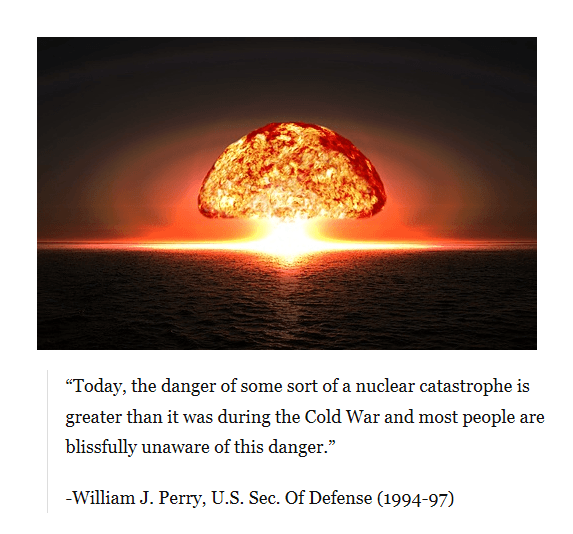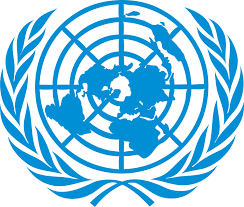For many years the editor of Strategic Demands has continued an association with the Los Alamos Study Group. Their team of scientists and public/civil representatives continues to address critical issues involving US nuclear weapons development. Currently at the UN, the LASG reports on the historic “Convention to Prohibit Nuclear Weapons”

Will negotiators finish by July 7? Will the treaty leave loopholes?
Update: July 2017
International Nuclear Negotiations Continue
If adopted on Friday, July 7th, the Treaty will be opened for signature on September 19, 2017, the first day of regular debate in the fall session of the General Assembly, when heads of state and other dignitaries will be present.
The Treaty, if adopted by at least a two-thirds majority vote of states, can be amended at regular or extraordinary meetings of signatory states by the same two-thirds majority.
The Treaty will enter in force 90 days after at least 50 countries have ratified it.
♦
On Banning Nuclear Weapons
Permanent link from the Los Alamos Study Group
UN Conference to Negotiate a Legally Binding Instrument to Prohibit Nuclear Weapons, Leading Towards their Total Elimination
June 15, 2018
Today most of the world’s countries have gathered again to complete negotiations of a treaty that will ban the possession and use of nuclear weapons, the “Convention to Prohibit Nuclear Weapons,” a draft of which was released on May 22 by Ambassador Elayne Whyte Gómez, President of the negotiating conference.
Negotiations began in late March pursuant to a General Assembly mandate passed last December. Elements of the treaty were extensively discussed in the spring and summer of 2016 by a special Open-Ended Working Group. Negotiations will conclude on July 7.
There was broad agreement on core issues in the first negotiating session among the 130 or so states attending, which augurs for success in the present, final session. Some thorny issues remain, of course. Amendments to the text can be accepted or rejected on the basis of a two-thirds majority vote of states present, which will help avoid deadlock.
Study Group director Greg Mello: “We are cautiously optimistic that the Conference will produce a final treaty. Extending negotiations past July 7 – which realistically means well into 2018 or beyond – is neither necessary nor desirable for this relatively straightforward Convention.
“These negotiations are unprecedented. They are momentous for humanity and civilization. The present opportunity, created by the work of thousands of people over many years, may not come again. No issue, even ones we have raised in our comments on the draft treaty text, should be allowed to get in the way.”
The Study Group’s initial views on the draft text were submitted to the Conference in four working papers, available on the LASG web site. Also available is a summary (“To foster nuclear (and general) disarmament, a ban treaty should prohibit nuclear threats and preparations, and ban military alliances with nuclear states,”).
Greg Mello: “Not just nuclear umbrella relationships but in the final analysis all military alliances with nuclear weapons states are incompatible with a treaty that prohibits nuclear threats, preparation for use of nuclear weapons, and nuclear use, as well as any assistance with these activities. NATO, for example, is inherently a nuclear alliance as long as three of its members wield nuclear weapons.
“This week, diplomats will grapple with these and many other issues.”
Draft-nuclear-weapons_ban_June15,2007_LASG



